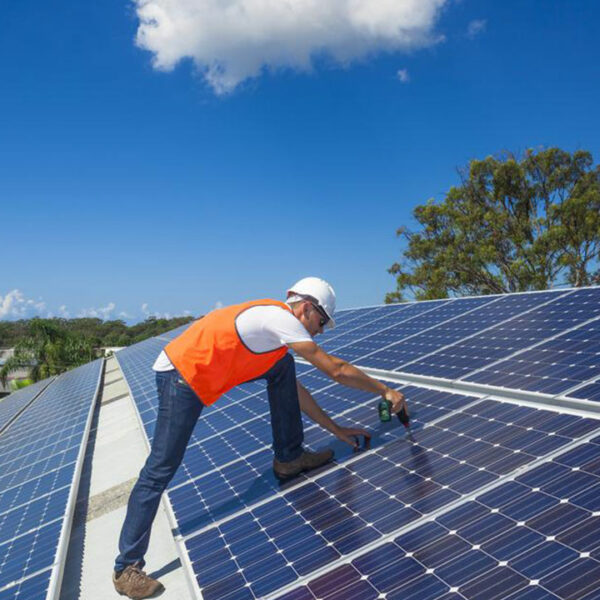Conditions where the efficiency of solar panels can be tested
There is a growing awareness about the crunch in energy production. The growing demand has caused an increase in the amount you must shelf out to avail of energy requirements. This is where solar panels come as a boon with their ability to convert sunlight into electricity. Not only does the device make you energy independent but also promotes environmental conservation.
The efficiency of a solar panel is measured by the energy it produces with the given sunlight.

Weather conditions – The quality of the solar panel is best tested under different weather conditions. Under windy conditions, the panels are at highest risk of solar cell damage. Manufacturers work at decreasing potential damage from the wind to the solar panels. Moreover, the speed with which hailstones fall and thick layers of snow can decrease the efficiency of the solar panel to a great extent. Thus, testing the efficiency of solar panels involves checking for the working of solar panels even in the most extreme conditions.
Chemical residue – Chemical residue is found to affect the efficiency of solar panels. However, for chemical residues, to affect the device, a minimum of 20 mm rainfall must fall on the panel cells. Chemical residue build-up is also found to decrease the efficiency by nearly 0.2 percent. This makes it essential for manufacturers to test their devices under extremely chemical residue production.
UV exposure – Just like most other things, UV rays also have a damaging effect on solar panels. The UV exposure causes the delamination of the structure of the solar cells. It can also commonly lead to the discoloration of the solar cells.
Damp heat – Highly humid conditions can interfere with the output of a solar panel device and damp heat testing is carried out to test durability in such conditions. Moreover, it can also cause corrosion of the device and lead to connection failure.
Long-term durability and efficiency are pivotal when purchasing a solar panel. The high testing standards provide a good guideline when picking through the several panels available in the market. Also, the above factors should be duly considered when installing the solar panel for maximum output.





